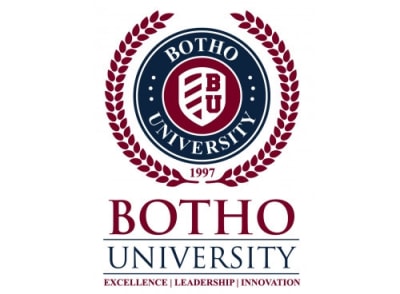Producing Green Knowledge and Innovation A Framework for Greening Universities
Material type: TextPublication details: Cham Springer International Publishing 2022ISBN:
TextPublication details: Cham Springer International Publishing 2022ISBN: - 9783030978501
- 9783030978495
- 378.01 23/eng/20231120
| Item type | Current library | Collection | Call number | Status | Date due | Barcode | |
|---|---|---|---|---|---|---|---|
 Books
Books
|
Botho University Botswana Open Shelves | Education | 363.700 LIY (Browse shelf(Opens below)) | Available | BULIB27518 |
The knowledge and innovation meant for knowledge-based economies (KBEs) are branded as green knowledge and innovation/ethical human capital, blended with the natural system as modeled by the Quintuple Helix Model of Innovation. However, due to bureaucratic challenges and myths, conventional universities produce knowledge and innovation in the sense of traditional disciplinary knowledge, which are not adequate to meet the goals of sustainable development. This book provides a model for greening a university which in turn can produce green knowledge and innovation in the mainstream knowledge production process. This model, which is based on research, can be adopted by the conventional universities in other regions. Such a process results in providing benefits to stakeholders of the university at the micro-level. At the macro-level, it blends with the other knowledge systems-namely, the natural environment of society, economic system, media-based and culture-based public and civil society, and political system-to create a sustainable knowledge economy.
There are no comments on this title.
